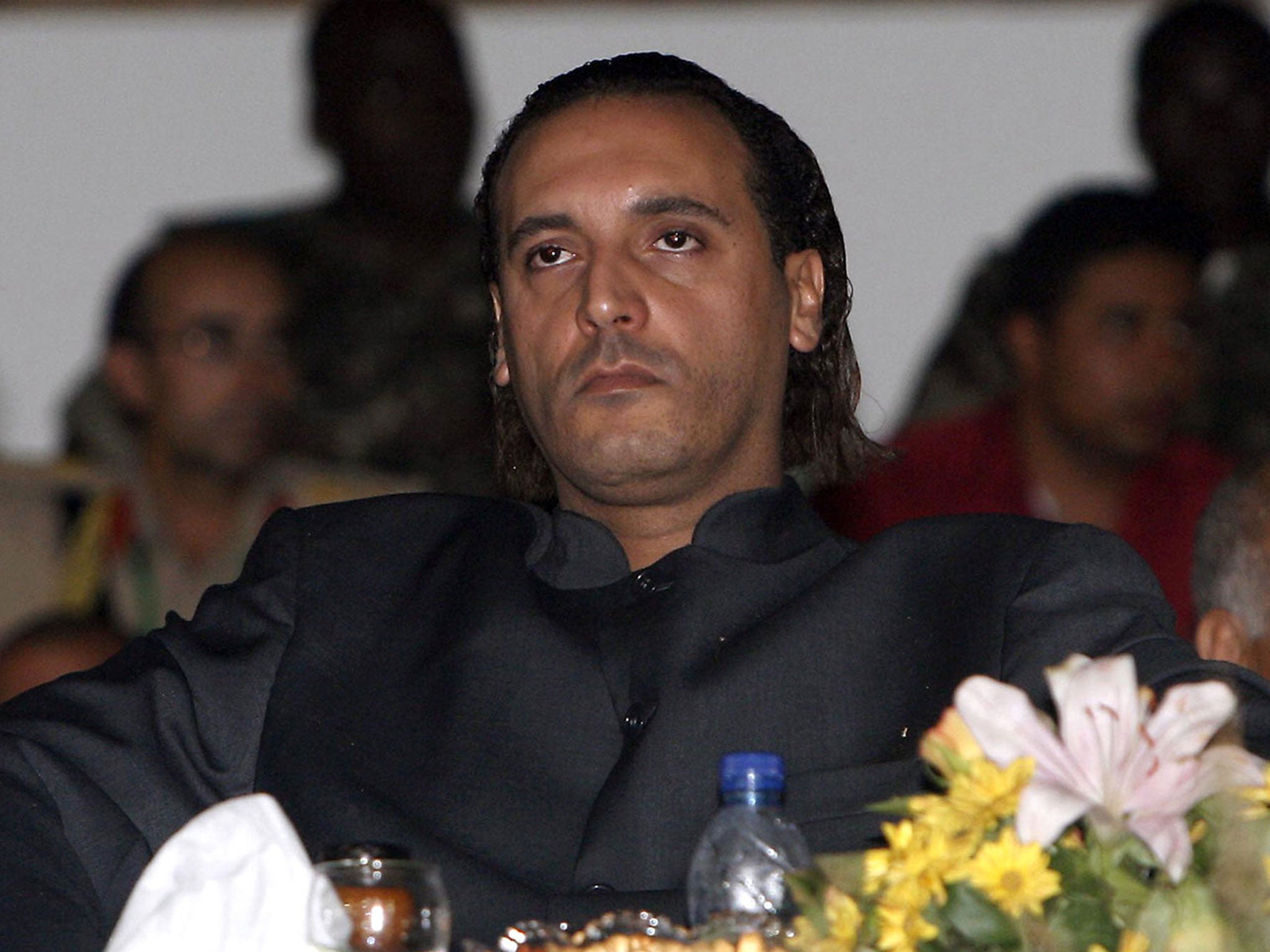
Hannibal Gaddafi, the son of Libya’s late ruler Muammar Gaddafi, has been released by Lebanese authorities after posting bail of more than £683,000.
His release marks the end of 10 years in detention over allegations that he withheld information about a missing Lebanese cleric.
One of his lawyers confirmed the release on Monday evening. Two Lebanese security officials, speaking on condition of anonymity, also said Gaddafi had been freed.
The release followed the visit of a five-member Libyan delegation to Beirut, where talks reportedly made progress toward resolving his case.

Hannibal Gaddafi was arrested in Lebanon in 2015 on suspicion of concealing information about Shi’ite cleric Moussa al-Sadr, who disappeared during a trip to Libya in 1978. Gaddafi was under three-years-old at the time of the cleric’s disappearance.
In October, a Lebanese judge granted him conditional release on bail of £8.3 million and imposed a ban on foreign travel.
However, his lawyers said that he could not afford the amount and petitioned for both a reduction and permission for him to leave the country.
Lebanon’s judiciary last week lifted a travel ban and reduced Gaddafi’s bail, clearing the final obstacles to his release.
According to NBC News, Lebanese judicial officials and a visiting Libyan delegation agreed during talks last week to significantly reduce the bail demand, as well as lifting travel restrictions.
The Libyan delegation also reportedly provided a detailed report on its investigation into al-Sadr’s disappearance.
On Thursday, judicial authorities lowered the bail to 80 billion Lebanese pounds (about £678,100) and lifted the travel ban, allowing Gaddafi to leave Lebanon once the payment was made.
Two judicial and one security source said the Libyan delegation paid the amount on his behalf.
Libya’s Tripoli-based justice ministry confirmed in a social media statement that its delegation had covered the bail payment.
Hannibal’s father Muammar Gaddafi ruled Libya for more than four decades before being killed by opposition fighters in the 2011 uprising that left the country facing civil war and years of instability.
Several of his eight children held senior positions in his government, with Hannibal managing parts of the maritime sector.
After his father’s overthrow, Hannibal fled with his mother and relatives to Algeria, while some of his brothers were killed or jailed.
He later moved to Syria, where he was granted asylum, before being captured by Lebanese militants and handed over to authorities who detained him.
David Szalay becomes first Hungarian-British author to win the Booker Prize
After brutal torture and 2.5 years of captivity, Israeli-Russian researcher is grateful to survive
African migrants assert a Europe-funded program abandons them after returning them home
Treasury official says US pushes Lebanon to crack down on Hezbollah funding ahead of elections
Bel Trew answers your questions: From Gaza aid crisis to military morale
Why Syrian president’s Trump visit is so significant - but will it be a slam-dunk?







